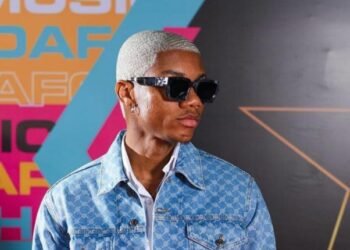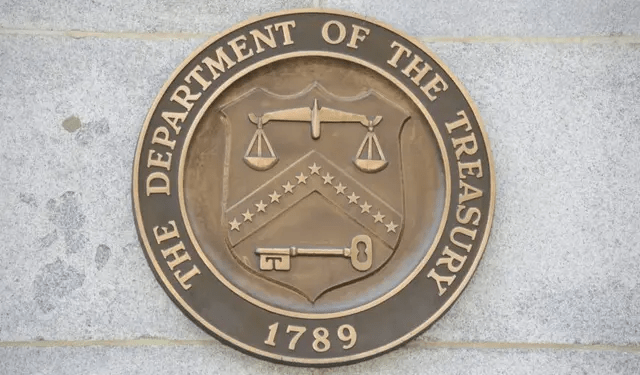In an era where social media platforms dictate trends and popularity, TikTok has emerged as a powerful tool for artists to showcase their talents and gain visibility.
However, a disturbing trend has surfaced: some female artists resort to provocative displays, including going half-naked, to capture the attention of viewers.
This phenomenon raises critical questions about the intersection of art, self-expression, and societal standards.
While the quest for visibility on TikTok is seen as a strategic move in a saturated market, it also reflects deeper societal issues regarding the objectification of women and the commodification of creativity.
Musician Sherifa Gunu has shared her thoughts on the role of social media in the music industry, describing it as both a blessing and a curse.
She mentioned that musicians, particularly females, are pressured to conform to certain standards, like being half-naked on TikTok, to get attention.
“Social media is a blessing and a curse. You could be the most talented artist, but people won’t pay attention if you’re not half-naked on TikTok. Sadly, talent isn’t enough anymore.”
Sherifa Gunu
Despite these challenges, Sherifa noted that she uses her social media platform to promote genuine music and remind her followers that real talent still exists.
TikTok, with its short-form video format and algorithm-driven exposure, has revolutionized how artists connect with their audiences.

For many female artists, the platform presents an opportunity to break free from traditional gatekeepers in the music and entertainment industries.
However, with millions of users vying for attention, the competition is fierce. This environment has led some to adopt increasingly provocative strategies to stand out. The allure of virality often overshadows the essence of artistry, pushing individuals to prioritize shock value over substance.
The trend of female artists going half-naked on TikTok cannot be viewed in isolation; it is deeply rooted in a culture that often objectifies women.
Historically, women in the entertainment industry have faced pressure to conform to certain beauty standards and desirability.
By presenting themselves in a sexually provocative manner, these artists feel they are reclaiming agency over their bodies. However, this act also perpetuates harmful stereotypes, reducing their artistic contributions to mere spectacle.
The paradox lies in the fact that while they seek empowerment, they inadvertently reinforce a culture that values women primarily for their physical appearance.
Impact of TikTok Nudity on Audience Perception

The audience’s response to these provocative displays is equally significant. TikTok’s algorithm rewards content that generates engagement, often leading to a feedback loop where sensationalism is celebrated.
This dynamic skews perceptions of what constitutes talent and creativity, particularly for young, impressionable viewers. When female artists are celebrated primarily for their physical appearance rather than their artistic abilities, it sends a troubling message about the value of women in creative spaces.
This shift in perception has long-lasting effects on societal norms and expectations regarding gender and artistry.
The phenomenon of female artists going half-naked on TikTok to gain attention is a complex issue that intertwines themes of objectification, commodification, and societal norms.
While it provided a temporary boost in visibility, it raises important questions about the true cost of such strategies. As audiences and creators navigate this evolving landscape, it is crucial to foster a culture that values artistic integrity over sensationalism.
By advocating for diverse representations of women in art and encouraging platforms to prioritize substance over shock, it works towards a more equitable and respectful environment for all artists.
In the end, the challenge lies in redefining what it means to be seen and heard in a world that often prioritizes appearance over authenticity.
READ ALSO: Ghana Champions Robust Fibre Infrastructure to Drive Digital Economy























